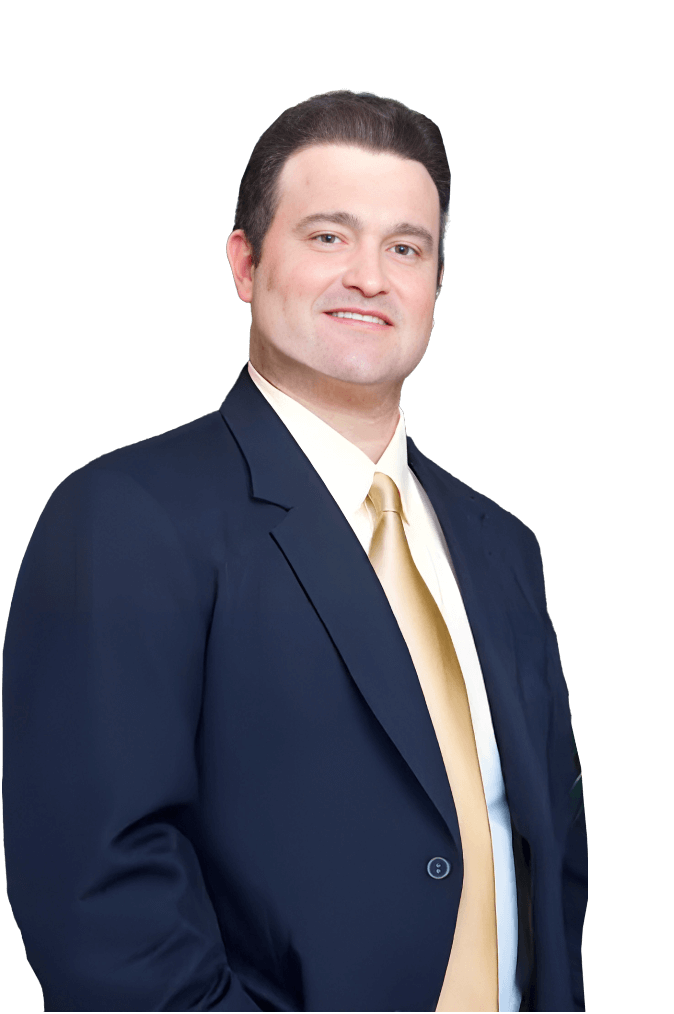Nasolabial Folds
Deep nasolabial folds are especially troublesome after massive weight loss and in those patients with significant maxillary retrusion. Fibrous bands can be found attached to the underlying muscles, including the levator labii superioris, zygomaticus major and minor, labii superioris alaeque nasi, and risorius muscle. The accumulation of fat lateral to the fold combined with the check-ligament effect of the fibrous bands leads to accentuation of the nasolabial fold. Augmentation of the area under the fold can be performed with an injectable filler such as Juvederm or Radiesse, which are temporary, or more permanently with facial fat grafting procedures.
If face lift surgery is in the rejuvenation plan of the patient, undermining of the fibrous attachments deep to the fold will provide some correction. When the fold is undermined, it is most effective to lay autogenous tissue, such as fat or de-epithelialized dermis, under the fold to prevent reattachment to the underlying musculature. In older patients, especially men with deep nasolabial folds, direct elliptical excision can be performed. With this technique, the fold itself will not entirely disappear because it is a well-defined anatomic area. However, its depth will be less pronounced.
Laser Resurfacing for Static Wrinkles
Laser resurfacing with the CO2 laser can be used to treat static wrinkles. First, prolonged recovery and erythema can be problems, especially in Fitzpatrick I and II skin types. Hypopigmentation is a function of the depth of injury rather than of the modality of treatment.
Complications of Resurfacing
Scarring, hypopigmentation, hyperpigmentation, infection, reactivation of latent herpes virus infection, skin thickening or color changes can all occur after laser resurfacing.
All patients undergoing resurfacing in the perioral region should receive prophylactic antivirals, regardless of their past history of herpes infections. lncreased depth of injury will increase not only the elimination of deep rhytids but also the complication rate. It is better to retreat an area 6 to 12 months after an initial resurfacing procedure than to manage complications.
Article 1: Lip and Marionette Line Improvement in Facelifts
Article 2: Laser Resurfacing and Treatment of Nasolabial Folds in Facelifts
Article 3: Jowl and Neck improvement in Facelifts
Article 4: Skin Only Facelifts
Article 5: Deep Plane Facelifts and Extended SMAS Flap Facelifts
Article 6: SMASectomy, SMAS imbrication, and MACS Facelifts
Article 7: Complications of Facelifts: Hematomas
Article 8: Complications of Facelifts: Infection, Skin Loss, and Nerve Injury
Article 9: Optimal Scar Placement in Facelifts
Article 10: Secondary Facelifts
Or View Before and After Photo Galleries of Dr. Hughes’s Face and Neck Lifts Below:
link to face and neck lift before and after photo galleries
link to male face and neck lift photo galleries
link to facial fat grafting before and after photo galleries























